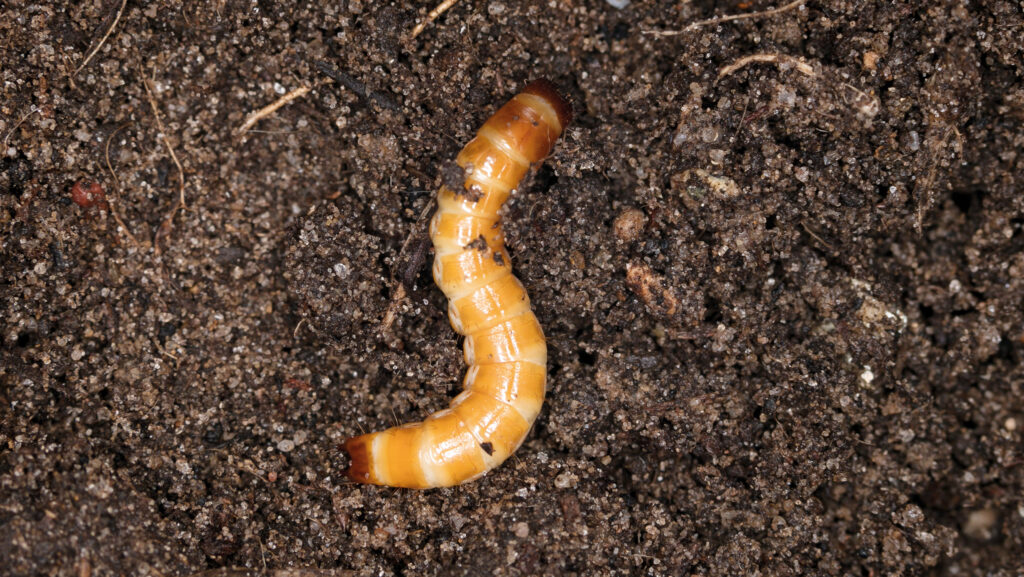Fera launches wireworm DNA barcode test
 © Blackthorn Arable
© Blackthorn Arable Fera Science has launched a wireworm DNA barcoding test, aimed to help farmers use integrated pest management approaches to manage the pest.
Wireworm is estimated to cost the potato industry thousands of pounds, and the problem is getting worse.
See also: How Fera is tackling the wireworm and flea beetle problems
Speaking at the Groundswell event (2-3 July), Fera principal entomologist Dr Larissa Collins explained that research has revealed that climate change is creating more favourable conditions for wireworm populations.
However, while there are more than 60 species of wireworms in the UK, only a handful are crop pests; others do no harm, and some are even predators of the crop-damaging species.
“This means that understanding which species are present is critical to managing pest populations effectively,” she said.
“Therefore, accurate pest identification is the first step for farmers to take with integrated pest management.”
Officially launched at Groundswell 2025, the new DNA barcoding test helps growers pinpoint exactly which wireworm species are present in their fields.
The test is able to identify wireworms, which are not possible to identify by visual examination, from samples sent in by growers.
“Growers purchasing a test will receive a kit to return to us with wireworms in for testing – and if needed, we can supply a bait bag to help with collecting the wireworms,” she said.
Lifecycle
Using the samples, Fera can also measure the wireworms to give an indication of their growth stage, so the timing of the lifecycle can also be used to make decisions about crop rotation and control measures.”
To find out more about the testing kits, or get involved with Fera’s next wireworm project, contact larissa.collins@fera.co.uk.
The DNA barcode test is a direct outcome of Fera’s Enigma I research project, a collaboration with industry partners: Blackthorn Arable, Elveden Estate, G’s Growers, inov3PT, Pearce Seeds and Syngenta.

